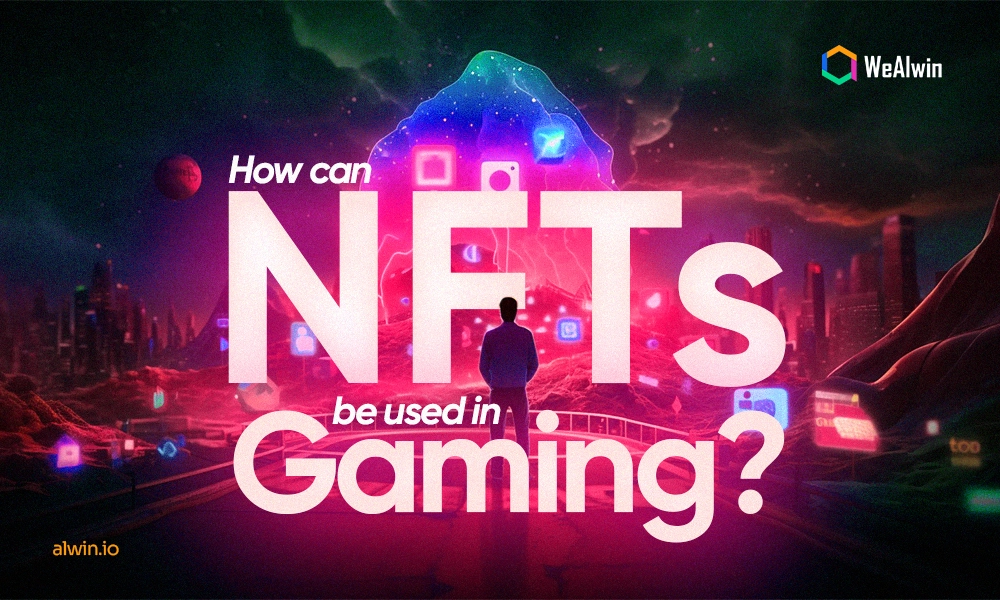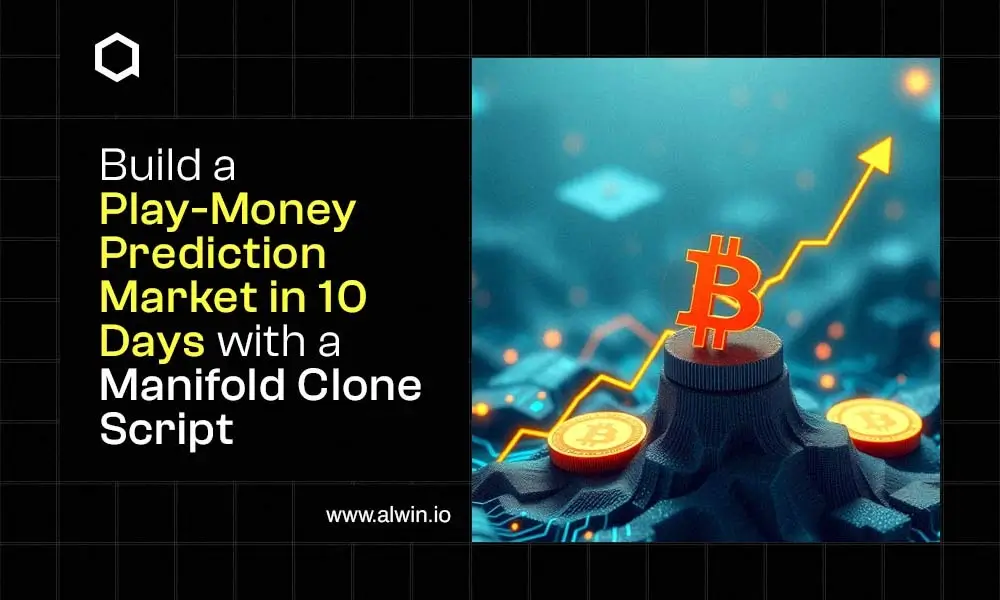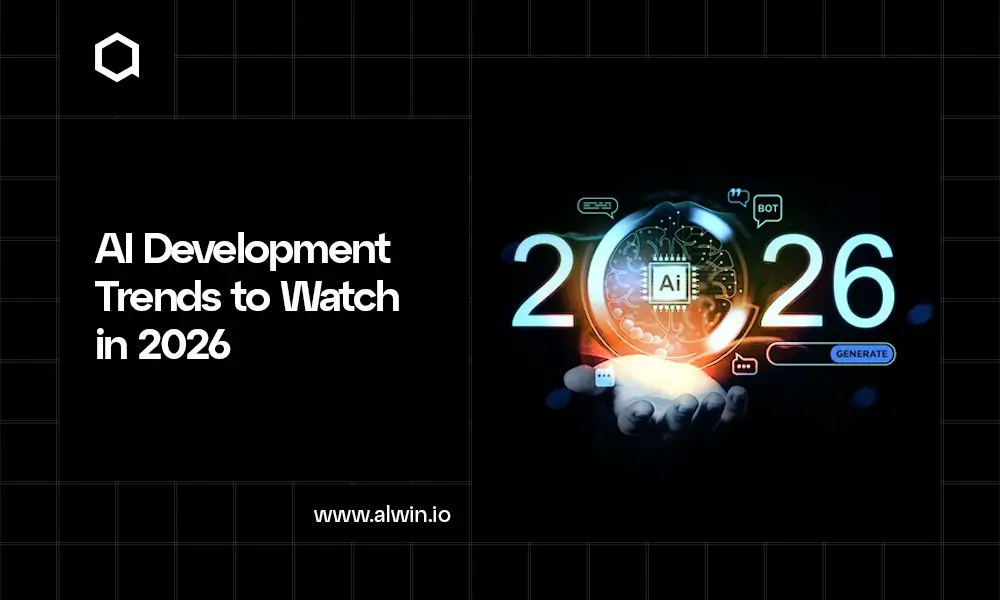In virtual environments, NFTs are revolutionizing the way we think about ownership and value. A new level of control and opportunity is available to players and creators in virtual economies through the use of blockchain technology.
From exclusive in-game items to digital art and even personalities within games, NFTs are opening up new avenues for gameplay and investment. With the combination of NFTs and the gaming sector, we're witnessing the birth of entirely new ways to play, trade, and interact online.
Let's dive into how NFTs are changing the game, offering exciting possibilities for everyone involved in this vibrant digital landscape.
NFTs in Gaming
The gaming sector is witnessing a revolution with the integration of NFTs (Non-Fungible Tokens), fundamentally altering how games are developed, played, and valued. By leveraging blockchain technology, NFTs enable a plethora of new possibilities for game developers and players alike.
Incorporating NFTs in game development
Integrating NFTs into game development involves creating unique digital assets—such as characters, items, or even plots of land—that players can own, trade, or sell. These assets are stored on the blockchain, ensuring their authenticity and scarcity.
Developers must decide the role these NFTs will play within their game's ecosystem, potentially transforming the gaming experience by adding layers of complexity and value to in-game assets.
Benefits of using NFTs in gaming
The adoption of NFTs in gaming offers several advantages:
Player Ownership: Unlike traditional games, where in-game assets are owned by developers, NFTs grant players true ownership of their items.
Economic Opportunities: Players can trade or sell their NFTs in open markets, creating a player-driven economy.
Innovative Gameplay: NFTs can introduce unique gameplay mechanics, such as asset inheritance or evolving items, enhancing player engagement.
Examples of successful NFT implementations in the gaming sector
Several games have successfully integrated NFTs, paving the way for others. Examples include:
CryptoKitties: One of the first to use NFTs, allowing players to breed, collect, and sell digital cats.
Axie Infinity: A game where players breed, raise, and battle creatures called Axies, with a vibrant economy built on NFT trades.
Decentraland: A virtual world where players can buy, sell, and develop plots of land as NFTs, creating a digital society.
NFT GAMING: WHY IS IT SO POPULAR?
The surge in popularity of NFT gaming can be attributed to several key factors:
True Ownership
NFTs provide players with genuine ownership of their in-game assets. This means they can trade, sell, or use their assets across different games, platforms, or marketplaces, empowering players with control over their digital possessions.
Scarce and Exclusive Assets
NFTs introduce scarcity and exclusivity to digital assets, making them more valuable and sought after. Limited edition items or rare collectibles can now be proven unique and owned authentically, driving the demand for these digital assets.
Decentralization and Transparency
Blockchain technology ensures that all transactions and ownership details are decentralized and transparent. This reduces fraud and allows for a level of trust and security previously unattainable in virtual economies.
Play-to-Earn Opportunities
The play-to-earn model, enabled by NFTs, allows players to earn real value through their in-game activities. This can range from trading items, completing tasks, or winning battles, providing a financial incentive, and making gaming a potential source of income.
The Intersection of Gaming and Investment
Gaming combined with NFTs creates an exciting intersection of entertainment and investment. Players are not just enjoying the game; they're also investing in assets that can be appreciated over time. This dual appeal is a significant driving force behind the popularity of NFT gaming, attracting both gamers and investors to this burgeoning field.
Impact on Players
The incorporation of NFTs (Non-Fungible Tokens) into the gaming sector is a revolutionary trend that is reshaping how players interact with video games. By leveraging blockchain technology, these digital assets are offering novel opportunities and enhancing player experiences in ways previously unimagined.
Empowering players through NFT ownership
One of the most significant impacts of NFTs in gaming is the way they empower players by recognizing their efforts and investments. Traditional games often confine achievement and progress within the game itself, with no real-world value.
NFTs, however, turn in-game items, characters, and even achievements into valuable assets that can be traded, sold, or held as investments. This shifts control from game developers to players, allowing gamers to truly own what they earn or buy in-game.
Such ownership not only makes gaming more rewarding but also introduces a new layer of strategy as players can decide how best to utilize or capitalize on their assets.
Enhancing player experiences with NFTs
Beyond ownership, NFTs are enhancing gaming experiences by creating more vibrant and dynamic virtual economies. They enable unique game designs where items have scarcity and can evolve, bringing about a sense of realism and immersion that standard digital items cannot.
Multiplayer games, for instance, can develop intricate economies where players specialize in crafting, trading, or competing with NFTs. This not only makes the game more enjoyable but also adds depth to gameplay that can adapt and grow over time, based on the actions and interactions of its community.
Consult with our business experts to develop your NFT Gaming Platform! Chat with us on WhatsApp
Top Ways to Make Money with NFT Games
The fusion of NFTs and gaming has not just improved game designs but also opened up new avenues for earning real-world value through gaming. Here are the top six ways players are making money with NFT games:
1. Selling Rare NFTs: Players can earn by obtaining and selling rare in-game NFT items. These items, due to their uniqueness and scarcity, can sometimes fetch high prices on NFT marketplaces.
2. Earning Through Play-to-Earn Games: Certain games reward players directly with NFTs or cryptocurrencies for completing tasks, winning competitions, or progressing through game levels. These rewards can then be converted into traditional money.
3. Leasing NFTs: Players with valuable NFTs can lease them out to other players for a period, providing a passive income stream. This is particularly useful in games where certain NFTs give a competitive edge or allow access to specific areas.
4. Collecting and Trading: Just like traditional collectibles, NFTs in games can be collected and traded. Players can make a profit by buying NFTs cheaply and selling them when their value increases.
5. Creating and Selling NFTs: Those with a creative streak can design their NFTs if the game platform supports it. These could be new skins, characters, or any other items permissible within the game’s ecosystem.
6. Staking NFTs: Some games and platforms offer staking mechanisms where players can lock up their NFTs for a certain time to earn rewards, much like earning interest in a savings account.
The integration of NFTs is drastically transforming the gaming realm, not just in how we play, but also in the opportunities it presents for both players and creators. As the technology matures and broader adoption occurs, we can only expect these impacts and opportunities to grow exponentially.
The gaming sector has always been a vibrant playground for creators, and now, with NFTs entering the scene, it's turning into a more lucrative field than ever before.
Monetizing creations through NFTs
NFT technology allows creators to tokenize their in-game assets, turning them into unique, tradable properties. This means that artists, developers, and even players can now create and sell digital assets like skins, characters, weapons, and more as NFTs.
The beauty of this system lies in the blockchain, which ensures the authenticity and rarity of each asset, thus enhancing its value. As a result, creators have a new avenue to monetize their creations, directly benefiting from their work in ways that were not possible before.
Inspiring creativity and innovation in game development
With NFTs, the gaming world is witnessing a surge in creativity and innovation. Game developers are no longer bound by the traditional constraints of in-game asset creation.
The ability to create unique, valuable assets encourages the exploration of new ideas, genres, and storytelling methods within games. This openness stirs a more vibrant, diverse gaming culture, inviting a broader spectrum of creators to contribute their unique visions to the digital landscape.
How do NFTs contribute to digital asset trading within games?
NFTs introduce a level of uniqueness and rarity to digital assets that have never been seen before. This uniqueness is appealing to players and collectors alike, driving up demand and, consequently, the value of these assets.
Additionally, smart contracts — self-executing contracts with the terms of the agreement between buyer and seller directly written into lines of code — facilitate secure, transparent transactions, ensuring a trustworthy trading environment. This technological innovation fosters a more dynamic and lucrative market for digital assets within games, empowering players to become stakeholders in virtual economies.
The Future of NFTs in Gaming
The gaming world has always been at the forefront of adopting novel technologies, and NFTs are no exception. As we peer into the future, the integration of NFTs within gaming platforms seems not only plausible but inevitable, heralding a new era of digital ownership and gaming experiences.
Potential trends and developments
In the years to come, we can anticipate several exciting trends and developments within the NFT sphere of the gaming industry. First, we might see the emergence of fully-fledged virtual economies, where players can earn, buy, and sell digital assets more tangibly. Also, cross-platform NFTs could become a norm, allowing players to use their digital assets across different games and platforms.
This interoperability would significantly enhance the utility and value of NFTs in gaming. Another potential trend is the incorporation of NFTs into mainstream gaming titles, which would further legitimize their use and encourage wider adoption.
Growth and expansion opportunities in the gaming industry
The marriage of NFTs and gaming offers a host of opportunities for growth and expansion within the sector. For one, developers can tap into new revenue streams by creating and selling unique, collectible in-game items as NFTs.
This can also open up avenues for player-driven economies, where gamers can trade these items among themselves, fostering a more engaged and invested community. Moreover, integrating NFTs paves the way for creating truly unique gaming experiences, from customizable avatars to one-of-a-kind storylines, further expanding the gaming universe's boundaries.
Additionally, NFTs carry the potential to revolutionize game development and ownership, offering developers and players alike more control and security over their creations and investments.
In wrapping up, NFTs are not just a fleeting trend within the gaming industry. They offer a groundbreaking avenue for game developers to create more immersive and engaging experiences. For players, they open up a world of unprecedented ownership and potential earning opportunities within the games they love.
The fusion of blockchain technology and gaming is paving the way for a future where digital assets, in-game achievements, and virtual economies possess real-world value and significance.
The possibilities are endless, and we're just scratching the surface of what's possible when we combine the power of NFTs with the creativity and innovation of the gaming sector. As technology evolves, so too will how we play, create, and interact within virtual environments. Whether you're a gamer, developer, or simply a tech enthusiast, the journey of NFTs in gaming is certainly one worth following.



